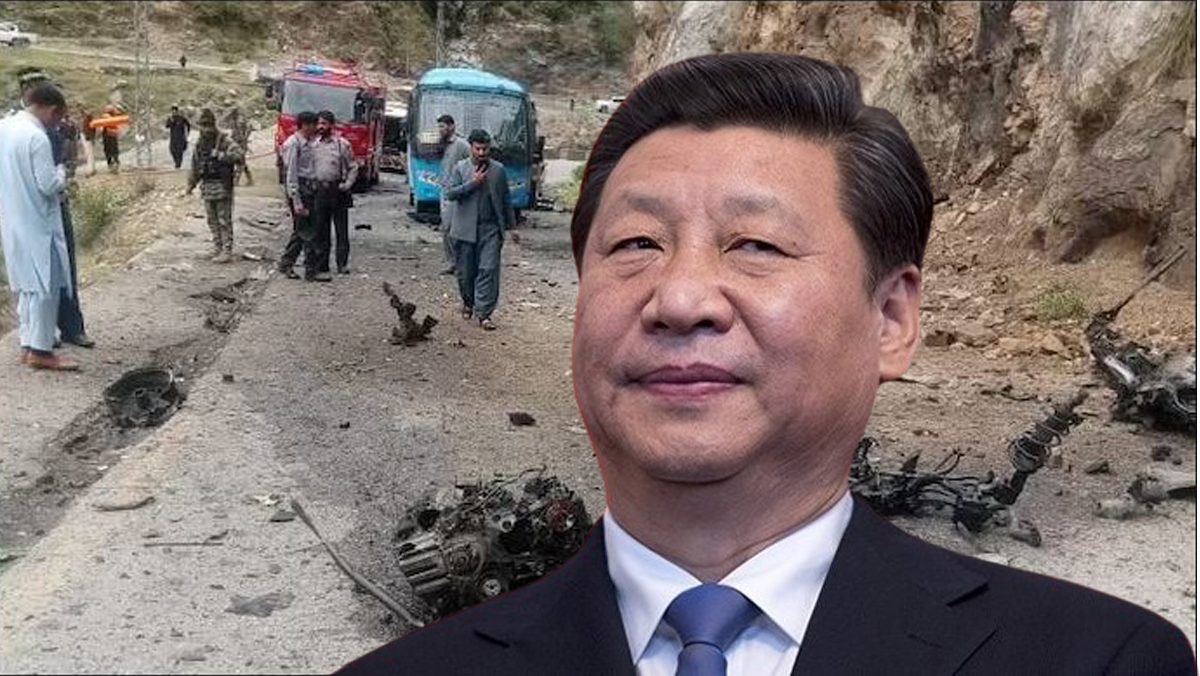
Beijing and Islamabad Near Deal on Joint Security Firms to Protect Chinese Nationals in Pakistan
Beijing and Islamabad are reportedly close to finalizing an agreement to establish joint security companies aimed at protecting Chinese nationals working in Pakistan. This move comes in response to a series of deadly militant attacks that have threatened China’s multibillion-dollar investments in the South Asian country, including the China-Pakistan Economic Corridor (CPEC).
According to sources who spoke to Nikkei Asia, the proposed deal would mark the first time Chinese security personnel operate inside Pakistan. This has been a longstanding request from Beijing, which Islamabad has resisted until now. The agreement would see Chinese nationals being transported in armored vehicles, with Chinese security forces forming an “inner cordon” of protection and Pakistani personnel stationed in the “outer cordon,” a source familiar with the negotiations said.
China, Pakistan’s largest investor, has grown increasingly concerned about the safety of its workers, particularly following a rise in militant attacks targeting Chinese citizens. These incidents, mostly orchestrated by separatist groups in Balochistan and Islamist militants, have raised questions about the future of Chinese investments in Pakistan. Thousands of Chinese nationals are currently working on projects in Pakistan, including critical infrastructure tied to CPEC, a $50 billion investment initiative and a key part of China’s Belt and Road Initiative (BRI).
The growing security concerns have led Beijing to push for better protections, particularly during ongoing negotiations on the second phase of CPEC. China has even linked future investments to Islamabad’s willingness to enhance security measures and allow the involvement of Chinese security personnel.
Although Pakistan has historically resisted the presence of foreign security forces on its soil, its dire need for economic investment might change this stance. With its economy reeling and reliant on International Monetary Fund (IMF) bailouts, Islamabad is under pressure to attract further Chinese investment. Beijing has offered additional funding for infrastructure, energy, and transportation projects, including a potential restart of the $7 billion Main Line 1 railway project, should Pakistan agree to the security deal.
The decision to allow Chinese security personnel into Pakistan represents a significant shift in China’s approach to protecting its overseas interests. In the past, China relied on host governments for such protection. However, with its growing global economic footprint, Beijing is increasingly willing to take a more active role, especially in regions with heightened security risks.
While some experts see the deal as necessary, others have warned of potential complications. Ayesha Siddiqa, a senior fellow at King’s College London, cautioned that allowing Chinese security personnel in Pakistan could backfire. “Chinese personnel unfamiliar with local culture might provoke a backlash, which could undermine their interests,” she told Nikkei Asia.
Alongside the security arrangement, China has proposed deeper counterterrorism cooperation with Pakistan, particularly aimed at addressing threats from Baloch separatists and Taliban militants who have targeted Chinese nationals. Both countries already collaborate on counterterrorism through joint military exercises and intelligence sharing, and the new deal could formalize these efforts further.
The deal is being closely watched as Beijing and Islamabad continue to negotiate security and investment terms, balancing local concerns with the need for foreign investment.













Comments